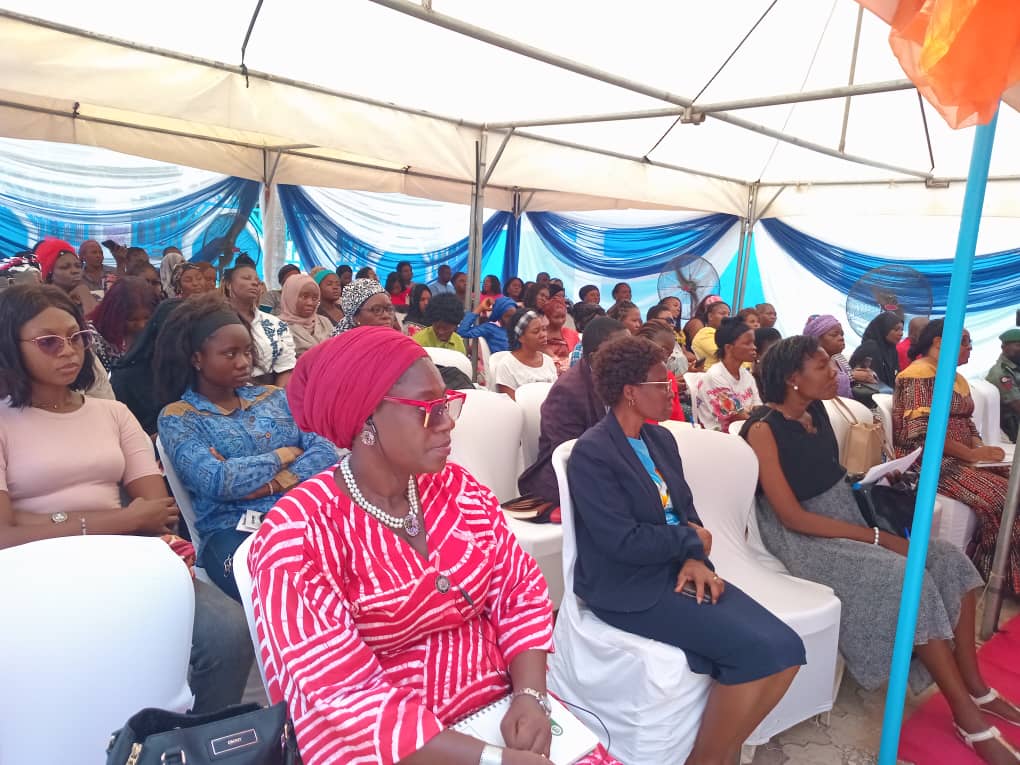The Federal Capital Territory Administration (FCTA) and Nordica Fertility Centre have intensified efforts to promote reproductive health awareness in Abuja.
At a two-day event marking the maiden edition of Abuja Reproductive Health Week, medical experts and the public engaged in discussions on fertility preservation, fibroids, and adenomyosis management.
Experts provided insights on onco-fertility, focusing on preserving fertility during cancer treatment while also exploring ways to improve reproductive healthcare.
Speaking on the significance of the event, the Mandate Secretary of Health Services & Environment, FCTA, Adedolapo Fasawe, described the initiative as a game-changer for women’s health in the capital city, particularly in line with International Women’s Month.
“This is good news for us in the FCT, knowing that we have this partnership that will give women a better quality of life,” she said.
“Fibroids do not respect age or socio-economic status, but they affect fertility, the mind, and overall quality of life.”
Fasawe also detailed the impact of non-invasive fibroid treatment available through the initiative, noting, “In simple terms for our audience, you can remove a fibroid without surgery or an operation.
“It is safe, effective, and does not affect your ability to have children. In fact, it aids in the treatment of infertility.”
On government intervention in healthcare costs, she noted that under the Renewed Hope Agenda, free healthcare had been provided for pregnant women.
“Now, regarding fibroid care, we will explore ways to support patients, whether through out-of-pocket payments or insurance, to ensure that this procedure is affordable and accessible.
“After all, traditional fibroid surgeries cost more in some places than this procedure,” she added.
Also speaking, the Chief Executive Officer of Nordica Fertility Centre, Abayomi Ajayi, emphasized the latest advancements in reproductive healthcare, particularly fertility preservation for cancer patients.
“What we are discussing today is fertility preservation. We know that the FCTA, together with the Federal Ministry of Health, signed a multilateral agreement in August 2023 to support the health of women with cancer. That’s why we’ve chosen this topic as one of the first to address,” he said.
Ajayi highlighted the increasing survival rates of childhood cancer patients and the need to address infertility caused by cancer treatments.
“Now that many of them are surviving, how do they have children after overcoming cancer? That’s what Oyetunji will be discussing with us today,” he explained.
He also commended the FCTA for its support, particularly the role of the Mandate Secretary, in fostering the partnership.
“We’ve received massive support from the FCTA in this collaboration. But I must also acknowledge the Mandate Secretary, who played a key role in making this happen,” he said.
Reflecting on the public-private partnership (PPP) approach, Ajayi noted its potential in improving healthcare services in Nigeria.
“If Nigeria operated like this everywhere, I’m sure the nation would progress much faster,” he said. “I’ve tried to establish PPPs before, and it felt like speaking different languages. But this experience has shown that we can align our goals if we work together.”
Speaking on the impact of new reproductive health interventions, Dr. Ajayi described the arrival of the High-Intensity Focused Ultrasound (HIFU) machine in the FCT as a welcome development.
“One major factor is accessibility. People can only use what they are aware of. So, we’re starting with awareness creation. Once that is established, we can gradually address other aspects and solve this problem,” he said.















